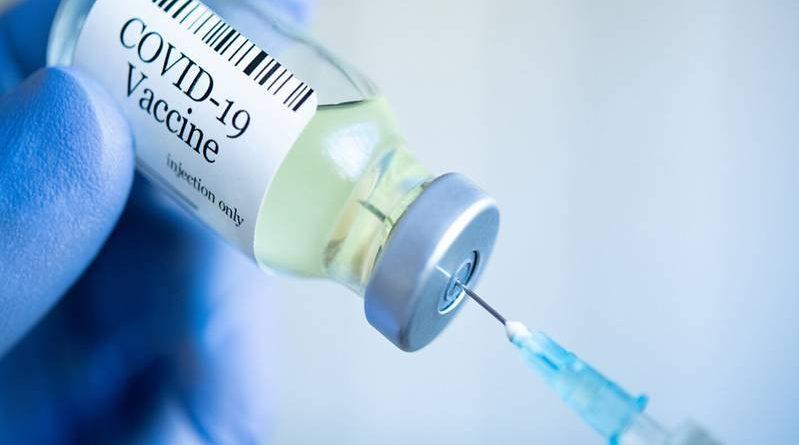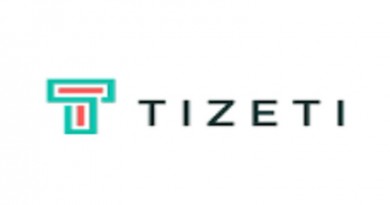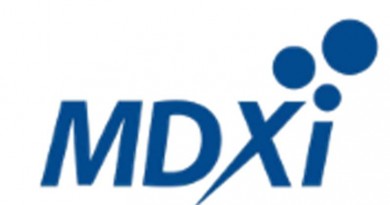Covid-19 Vaccine Woes Threaten Slow Sub-Saharan African Rebound By Alonso Soto, Bloomberg
New waves of Covid-19 infections could derail the economic recovery in sub-Saharan Africa, which is already forecast to lag the rest of the world this year amid limited access to vaccines, the International Monetary Fund warned.
In its regional economic outlook released on Thursday, the IMF said growth projections are subject to “greater-than-usual uncertainty” given the risks of further Covid-19 shocks in the continent, which relies on a World Health Organization-led initiative to provide vaccines known as Covax.
“If supply and distribution issues continue, most countries will struggle to reach herd immunity before the end of 2023, leaving them exposed to new, more virulent strains of the disease,” the fund said. “For the international community, ensuring vaccine coverage for sub-Saharan Africa is not simply an issue of local livelihoods and local growth. Broad regional coverage is also a global public good.”
Although sub-Saharan Africa’s economy contracted less than initially expected in 2020, projected expansion of 3.4% would make it the slowest-growing region this year as vaccination picks up in the rest of the world, according to the IMF. The downturn pushed more than 32 million people into extreme poverty last year and per-capita output may not return to pre-pandemic levels until after 2022 or even 2025 for some countries.
Most African countries, with their finances strained by measures to contain the pandemic, will have to bolster health-care spending by 50% to vaccinate more than half of their populations.
“Strong reforms to engender growth, and significant external financing are important, because there’s a lot at stake in terms of reversing the increase in poverty that we’ve seen, and making sure going forward, you actually see growth keeping pace with the rapid population growth,” the IMF Africa Department Director Abebe Aemro Selassie said in an interview.
A proposal to increase the fund’s reserve assets this year would provide the continent with $23 billion, which is only a fraction of the $425 billion it needs to finance its recovery through 2025, according to the report. The region will have to mobilize private funds to meet investment needs in coming years.
By Alonso Soto, Bloomberg
This news was first published by Bloomberg




